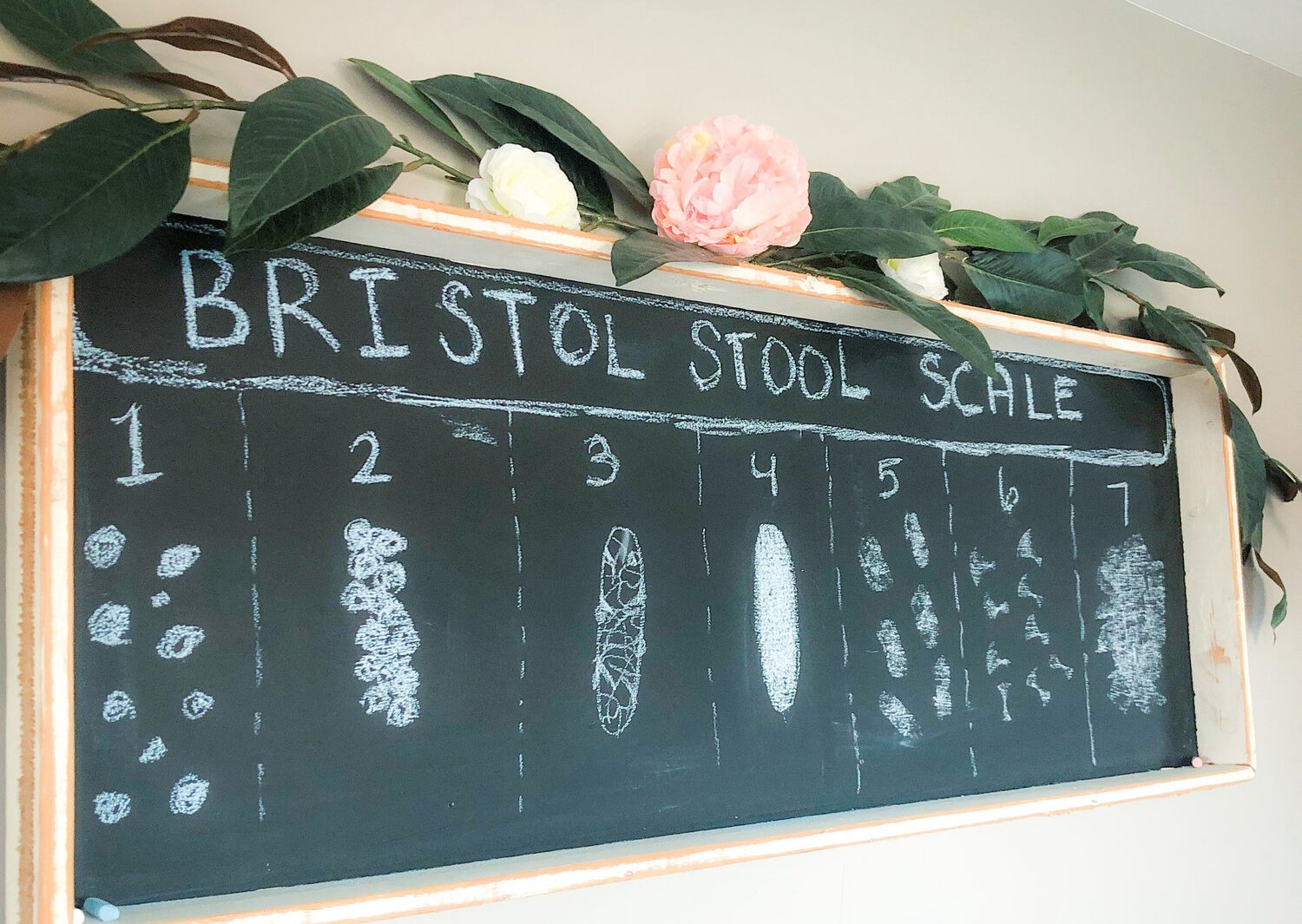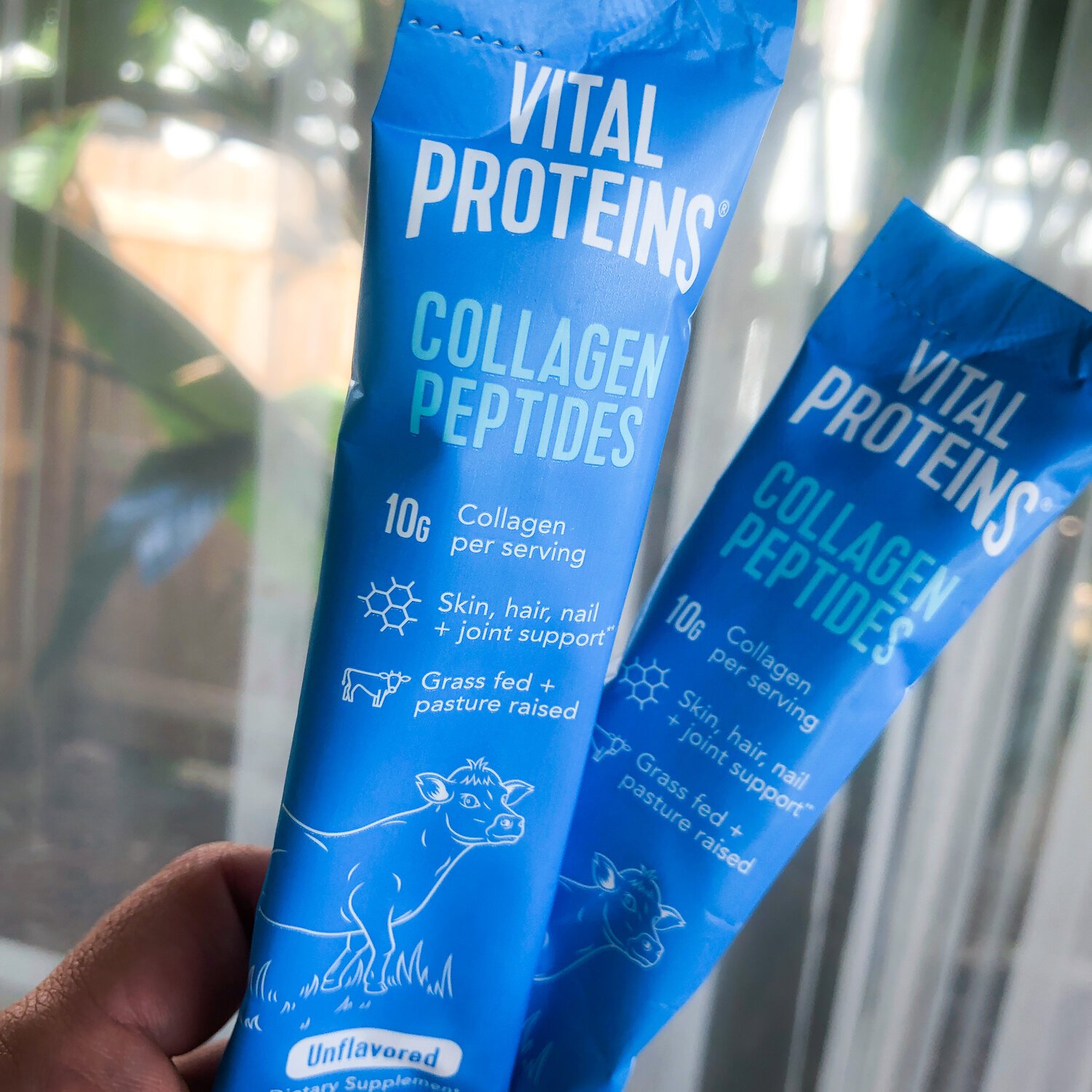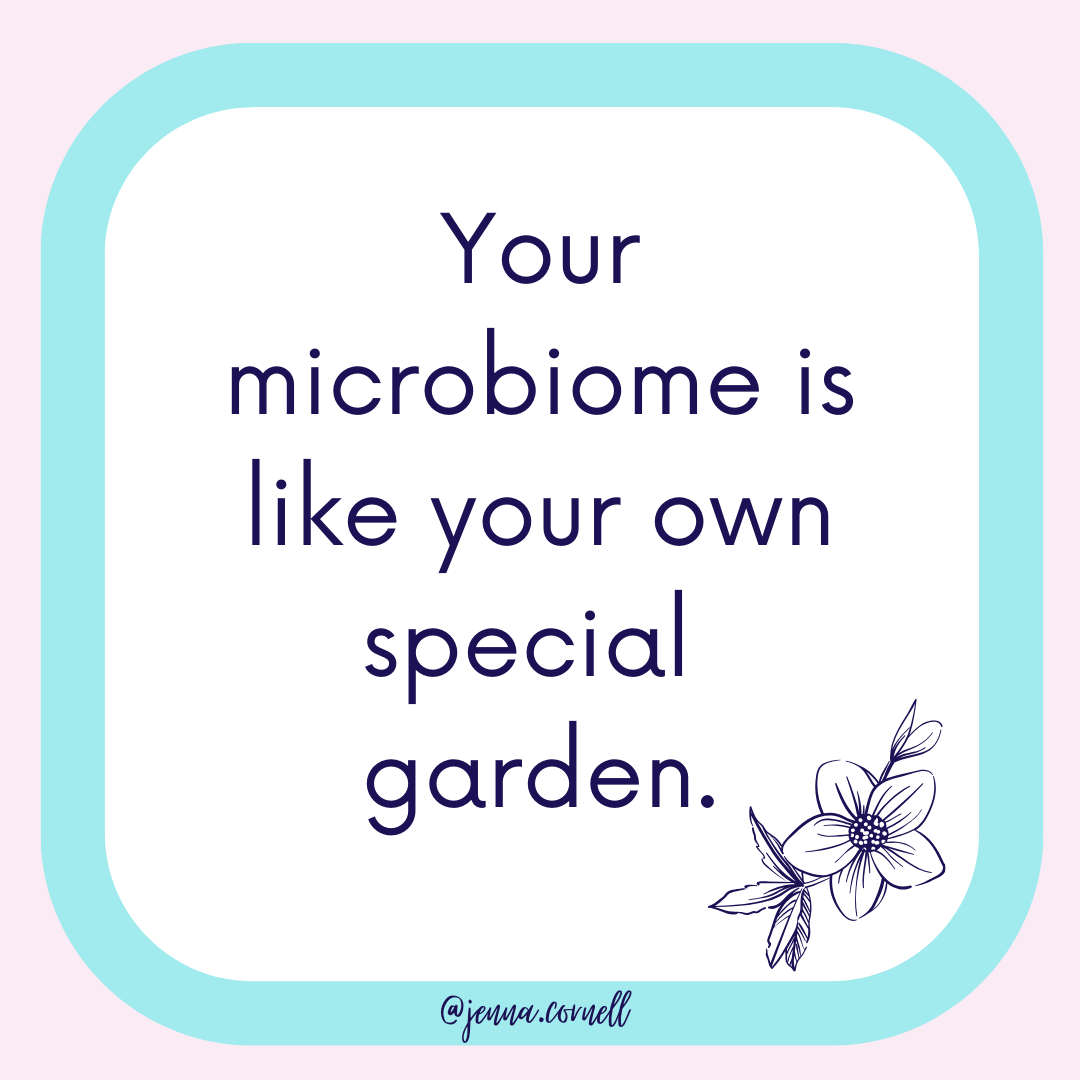Foundations of Gut Health
“All disease begins in the gut.”
A healthy gut is, in fact, crucial for overall health. Alterations in gut health have been linked to a variety of disease states including chronic pain, fibromyalgia, fatigue, arthritis and autoimmune disease. Optimizing gut function is a key component to moving toward a place in which your body can thrive.
In order to understand gut health, it is important to understand how the gut functions. Your digestive system is a closed system that starts at your mouth and ends at your anus. Optimally it has very controlled interaction with the rest of your body.
When we think about gut health, there are several things to consider:
How the food is moving through the digestive system.
How things move in and out of the “closed” digestive system.
What is living within the gut?
GUT MOTILITY: How things move through the gut.
The rate at which food moves through your digestive system is important. Optimally, it should move through your system slow enough to allow your body time to absorb nutrients from the food that you are eating, but fast enough to discourage the reabsorption of toxins that should be eliminated in your stool.
Our bowel habits can tell us a lot about the state of our gut health and motility. So what are healthy bowel habits?
You should be going #2 at least 1x a day.
Your stool should be well formed. (refer to the Bristol Stool Scale for reference)
You should be able to pass the stool easily without straining.
There are several factors that influence your guts motility.
1. How your nerves are talking to your gut.
Our muscles are often credited with producing movement within our bodies. However, they would be unable to do so without directions from our nerves. You can think of your nervous system almost like the electrical system of your body. Your nervous system carries energy signals that allow your brain to communicate to the rest of your body and let it know what actions to take! Your gut is innervated in part by the vagus nerve. The vagus nerve is part of our parasympathetic nervous system which is known as our “rest and digest system.” When you are relaxed this nerve lets your digestive system know that it’s a great time to process your food. On the other hand,if you are chronically stressed, digestion will not be seen as a priority for your body. Chronic stress can lead to alterations in gut motility. In order for us to have optimal gut motility, it is important for our bodies to feel relaxed during meal times. Taking time to sit and mindfully eat your food is a great step toward optimal gut health!
2. Organ and abdominal wall mobility.
Did you know that your organs have ligaments that attach them to each other and to other surrounding structures? If these ligaments become restricted it may also influence transit!
Posture, the way you breath and how much movement you get throughout the day can influence how freely your organs can accommodate movement of your food through the digestive system! Gentle exercise such as walking can help improve motility. Twisting exercises are also great for mobilizing your abdominal area! In addition to exercise, deep breathing can also help improve motility. When you breathe deeply you use your diaphragm. Diaphragmatic breaths help to increase vagus nerve activation. The diaphragm can also act to “massage” gut! As your diaphragm rises and falls, it will gently traction and compress your intestinal organs - encouraging movement within these organs!
3. Abdominal juices.
Your body secretes enzymes to help you break down your food. This process actually takes a lot of energy. In fact, it can take 600-800 calories a day to create strong stomach acid. If you are in a state of chronic stress, or are consistently under consuming calories, your body may decide that producing these enzymes is not a priority. A decrease in enzymes can result in decreased nutrient absorption along with digestive discomfort!
One way that you can improve the secretion of digestive enzymes is by chewing your food. Research has indicated that chewing your food FORTY times helps to improve nutrient absorption.
Sometimes your body may need a little bit of extra support in this area. Digestive enzymes are something that I have found to be beneficial for myself. Why might you need them? As I mentioned, stress can really wreak havoc on your body and can result in a reduction in the production of stomach acid and pancreatic enzymes. Supplementing with enzymes can help you increase your nutrient absorption as you address the root of the problem. As with any supplement, make sure you talk to your practitioner to determine if this is appropriate for you!
Other tips for gut motility:
Proper positioning during bowel movements! Most commercial toilets are just too high. Elevating your feet while using the bathroom allows your pelvic floor to relax and can make passing a bowel movement less taxing! Squatty potty is a great option, or you can do like me- and just use an Amazon Box.
Drink a ton of water. Dehydration leads to constipation. One of the functions of your large intestine is to absorb water. Your body will absorb what it needs for your cells to function properly. You want to make sure that you are drinking enough water that there is still some left in your gut to allow for a nice soft, type 4 bowel movement.
Include fiber in your diet. There is wisdom in this conventional advice. Fiber gives some bulk to your stool and will increase the chances of your body realizing it is time to go to the bathroom! However, beware that many traditional fiber supplements contain… well, crap. Always read your labels and, if possible, aim to get your recommended fiber from fruits and vegetables!
GUT PERMEABILITY: How are things able to move in and out of the “closed” digestive system?
In an ideal world, the lining of your gut would selectively allow for life-sustaining nutrients to be transported through the gut lining into your body AND it would keep out everything else such as toxins and bacteria. However, very frequently our gut linings become hyper-permeable or “leaky”.
So what is leaky gut?
Our guts are lined with a mucosal layer and separated from our body (remember our digestive system is a closed system) by a wall of cells. The individual cells are joined together by what is known as tight junctions. This type of junction allows the cells to regulate what passes out of the gut and into the body.
Unfortunately, our gut linings often become disrupted and the tight junctions that hold the cell wall together become loose- leading to hyper-permeability (a.k.a leaky gut). When our gut becomes hyper-permeable it allows for things that would not normally pass in to our bodies to do so (the bacteria living in our gut, proteins that are not fully digested etc.). When things that don’t belong in our body pass into our body, our immune system recognizes it as foreign and mounts an attack. This response can lead to systemic inflammation, food intolerance, and eventually chronic and autoimmune diseases.
A wide array of disease has been linked to leaky gut, and it’s important to note that not all of them even include gastrointestinal symptoms! (Think skin issues, anxiety, depression, fatigue… etc.). So it’s always important to consider your gut health when you are dealing with any sort of chronic condition!
So you may be asking…what causes leaky gut? The gut can be influenced in several ways: direct influence on mucosal lining/tight junctions, alteration of the microbiome, or through nutrient depletion.
There are several lifestyle factors that can contribute to the development of leaky gut including: chronic stress, poor sleep habits, and excessive exercise. Medication use may also contribute to leaky gut. NSAIDS (think Motrin/Aleve etc.), antibiotics, SSRIs and birth control pills are all thought to negatively influence gut barrier function. There are also several dietary factors that can contribute to leaky gut including gluten, emulsifiers (think gums {ex: gaur gum}, carrageenan, etc) alcohol, highly processed foods, refined sugar and GMO grains (some would argue all grains).
Although occasional exposure to the aforementioned factors may not necessarily result in leaky gut, chronic exposure to multiple factor can be problematic. Genetics, environment, and other factors that influence the gut microbiome also play a role.
Fortunately, there are also things that you can do to support your gut lining.
First, consider eliminating the triggers mentioned above. When it comes to food, the removal of gluten can be especially powerful. Gluten triggers the release of a molecule in our body known as zonulin. Zonulin can act like a key to unlock the tight junctions within our gut, allowing the contents of our gut to pass into our bodies without regulation. Eliminating gluten from your diet can decrease the release of zonulin and its impact on the integrity of your gut!
In addition to removing gluten, it may be beneficial to eliminate other inflammatory dietary triggers. Everyone’s triggers/food intolerances will be a little different, and the gold standard for determining yours is with an elimination diet. Elimination diets have the potential to be both stressful and empowering.
Throughout my healing journey I have completed several rounds of elimination diets including: The Virgin Diet, the Whole30, and the Autoimmune Protocol. You can read more about my experience with elimination diets here. Remember, when considering an elimination diet that you should choose a format that you can complete without additional stress, as diet induced stress may be counterproductive.
Fortunately, healing the gut is not just about taking food groups away! Adding supportive foods and/or supplements can also be beneficial. Now, I don’t believe that you can supplement your way out of an inflammatory diet. However, adding healing foods such as bone broth and collagen or targeted supplementation may make your gut recovery journey a little more efficient.
The GUT MICROBIOME: What is living INSIDE your gut?
Your gut has an ecosystem all of its own and is home to *trillions* of bacteria! This is known as the gut microbiome. The number of bacteria that you have living in your gut outnumber the number of cells that you have in your body. In other words, your microbiome is a FORCE.
Your microbiome has a number of roles in your body including regulating immune function, communicating with (via the vagus nerve) and influencing the health of your brain and guarding the lining of your gut/aiding in digestion. Alterations in the gut microbiome have been associated with many conditions including (but not limited to)the following: asthma, depression, anxiety, fibromyalgia, complex regional pain syndrome, metabolic syndrome/obesity, irritable bowel syndrome, inflammatory bowel disease, multiple sclerosis, Parkinson’s disease, osteoarthritis and other autoimmune diseases
The health of our microbiome is truly vital to our overall health! So what does a healthy microbiome look like? I like to think about your microbiome like a garden. Just like there are thousands of different plants that you could have in your garden, there are thousands of strains of bacteria that may live in your gut. Chances are my garden might look a little different than your garden. However, there are a few things that everyone’s garden should have in common!
1. Diversity.
Science is still trying to determine if there is an ideal microbiome (there may not be), however research is pretty clear that having a wide diversity of bacteria is a good thing! Having a garden (microbiome) that looks different than your neighbor’s may be okay as long as there is a wide variety of plants (bacteria) present!
2. No weeds!
Just like your garden, your microbiome can sometimes include bacteria that you would rather not have! The key is to not let these “bad” bacteria take over and to allow for lots of space for your “good” bacteria to grow and thrive! Having too many bad bacteria and not enough of the good stuff is known as dysbiosis.
3. Staying within the boundaries!
The majority of your gut bacteria reside in your large intestine, which is near the end of your digestive system. However, sometimes the bacteria can sneak past the boundaries of your large intestine into your small intestine. This migration of bacteria is known as SIBO (small intestinal bacteria overgrowth) and can contribute to a variety of symptoms.
So what can you do to help foster a healthy garden (microbiome)?
1. Avoid use of unnecessary antibiotics.
Antibiotics can be lifesaving. However, they are unable to differentiate between “good” and “bad” bacteria and can decrease the diversity of your microbiome. Using antibiotics would be similar to weed whacking your garden instead of selectively pulling the weeds!
2. Avoid excessive sugar consumption and processed foods!
Large consumption of both sugar and processed foods can accelerate overgrowth of bad bacteria. Eating large amounts of these foods would be like putting fertilizer on your garden designed to accelerate growth of the weeds!
3. Include PRE-biotics in your diet!
Your good bacteria need to be fed! They like to eat fiber in foods that we would otherwise be unable digest. Pre-biotic’s are found in most fruits and veggies, so to encourage a wide variety of good bacteria in your gut, it is best to try to incorporate a wide array of fruits and veggies in your diet! Including pre-biotics in your diet would be the equivalent of nourishing the soil in your garden!
4. Include fermented foods in your diet!
Examples of fermented foods include: sauerkraut, kimchi, yogurt, kefir and kombucha. Including a wide variety of these foods can also aid in increasing microbiome diversity. Consuming these foods would be similar to planting new seeds in your garden!
Start taking steps to build a healthy gut!
Gut health truly is a keystone for overall health. Building a solid foundation of habits to improve digestion and gut health helps to improve nutrient absorption, improves immune function, is fundamental for hormonal health, and has implications for brain and cardiovascular health!
Approaching gut health for the first time can be overwhelming. I created a “gut-check” list to simplify this information and break it into small actionable steps! Click HERE to get my free guide to building habits for a healthy, happy gut.
I also understand that changing your habits can be hard! If you want to dig deep into gut health with individualized support, I also provide 1:1 health coaching. If you want more information on coaching, or would like to schedule a complementary 20-minute consultation to see if coaching is a good fit for you, click HERE.








